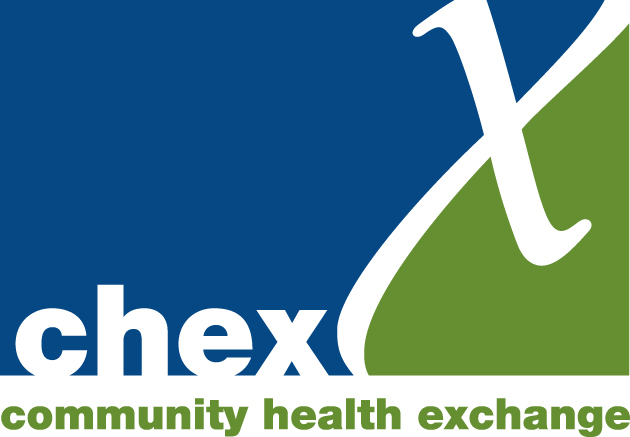Workshops
There were five afternoon skill-sharing workshops at our conference, led by groups and partnerships from our network.
Workshop 1 - Using data to drive community action
This interactive workshop explored how the Dundee Community Health Advisory Forum, with support from the Community Health Team, harnesses data to address local needs. Using insights from the Engage Dundee survey on impacts of the cost-of-living crisis, the workshop examined how the group organised a Cost-of-Living Event and co-produced a mental health leaflet to help address key community concerns.
This session looked in depth at:
The role of the Community Health Advisory Forum
How local data informs decision-making and practice
Lessons learned from planning and delivering a community-driven event
Download this workshop’s slides (PDF)
Workshop 2 - A collaborative approach to working with young people and families affected by substance use
STRIVE (a substance support service) is a CORRA-funded partnership between The Corner and Hillcrest Futures providing targeted support to young people and their families affected by substance use in Dundee. STRIVE works with young people aged between 12-21 providing holistic health checks, 1-1 substance use and emotional support. The service has a focus on early intervention, harm reduction and homelessness prevention.
The service is co-located and provides outreach provision to better meet the needs of young people and families. This session explored:
Collaborative community led health approaches to early intervention in homelessness and harm reduction
How we overcame the practical challenges in partnership working between NHS and the third sector
Maintaining a community and youth led focus within a wider partnership initiative
Download this workshop’s slides (PDF)
Workshop 3 - “We invest too much too far upstream”: failings in the medical model of commissioning
John Halliday, vice-chair of Edinburgh Community Health Forum and CEO of Community Renewal Trust reflected on a recent experience that locally-based community health organisations in Edinburgh have had, following widely-criticised financial decisions made by the Edinburgh Integrated Joint Board.
The workshop invited discussion about logical flaws among commissioners and within the commissioning system which undermine community-led work on prevention, early intervention and adult protection.
Download this workshop’s slides (PDF)
Workshop 4 - What it takes to do it ‘right’: Co-production, building relationships and trust
Media Education, Dr Briege Nugent and the Thrive Advisory Group were delighted to attend the CHEX conference to talk about their collaborative research work and their methodology of working together.
Since 2020, we have been collaborating to explore factors affecting the wellbeing of people with experience of migration, people from a global majority backgrounds and young parents from all population demographics in Edinburgh.
The advisory group is made up of people from the focus communities and now 23 people from 12 countries attend regularly, conduct research and create films together that raise awareness of the issues they want to highlight. We work non-hierarchically, with no imposed questions, just our broad theme. Involvement is paid at Real Living Wage. We hope that our way of working together is enabling new insights to emerge.
To date we have 8 research reports and 15 films. An example of one film and line of enquiry is access to quiet spaces and places to pray and perform Wudu. Watch the film on Vimeo.
Throughout this coming year we will be screening and presenting our work. If you would like to be notified of screening events, please email Kate at Media Education for more details.
Workshop 5 - Better together?
This workshop heard from Clydesdale Community Initiative, who described their asset-based approach as working in partnership with the wider community rather than with public sector organisations. Niall from Clydesdale explained that the organisation is mostly self-funded through social enterprise activity and a variety of smaller grants.
John from Scottish Communities for Health & Wellbeing highlighted their role in providing a vehicle for around 80 community-led organisations to have more of a voice and collective influence. SCHW shared their blueprint for community-led health which sets out how the Scottish Government can directly invest in community-led health organisations through a long-term sustainable funding model.
The following discussion covered partnership, funding, innovation and system change. Some key messages for policy makers included:
Agreement that we need to change the funding situation although there were different ideas about how to do this.
Recognition that we are at crisis point at the moment and when organisations go they won't come back easily.
There are good examples of positive partnership between public sector organisations, funders and community organisations. However there is also frustration that the community sector is not adequately invested in to deliver on its potential to contribute effectively to early intervention and prevention.
Some workshop participants felt that early intervention and prevention funding should go directly to community organisations and bypass public sector organisations such as local authorities and health and social care partnerships.
However, others felt that we should not lose sight of our shared purpose, and that there may be helpful models to improve collaboration and partnership working. For instance, is there a way to build proper investment in early intervention, working with community organisations as part of funding agreements between Scottish Government and health and social care partnerships?

